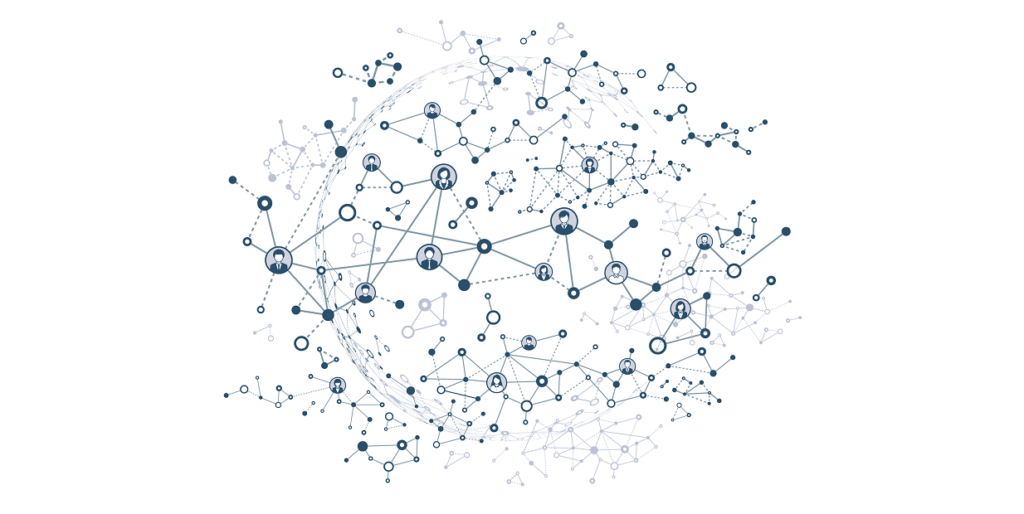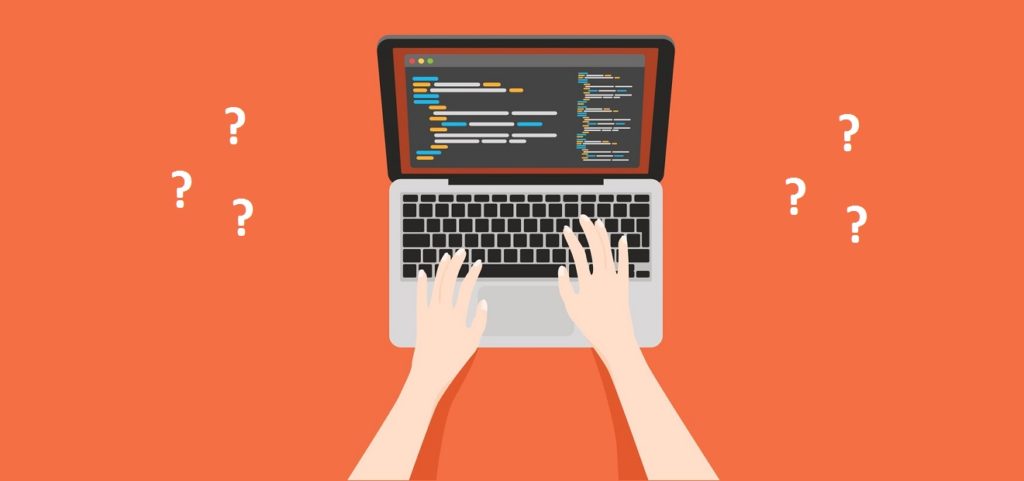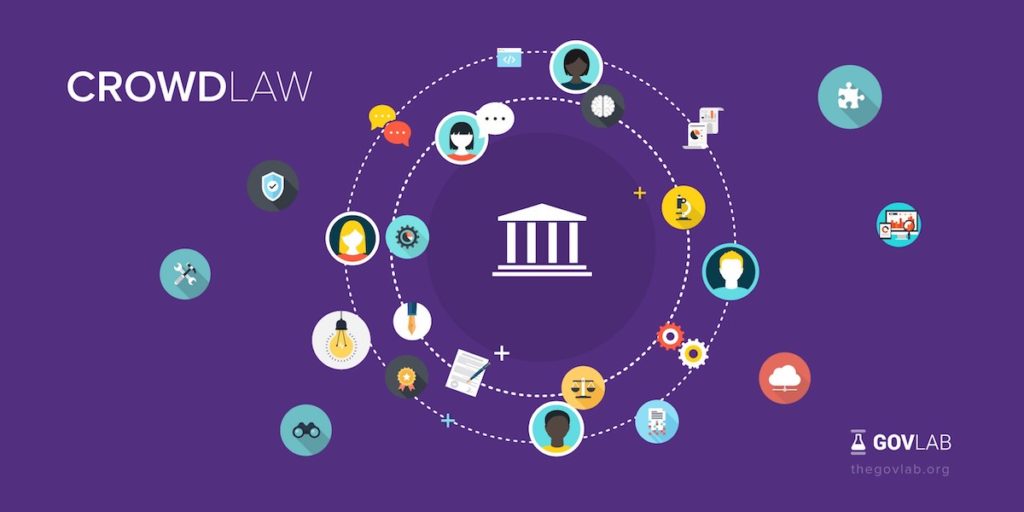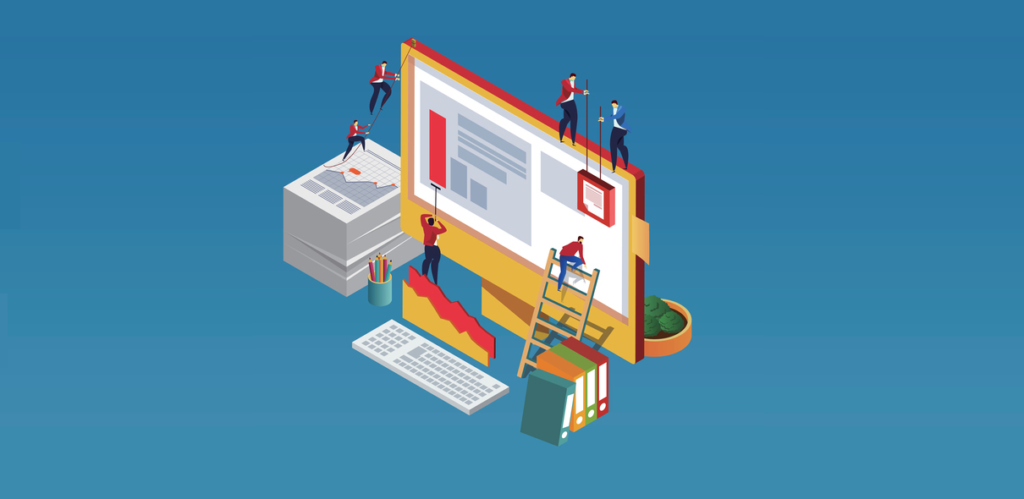This December 10th marks the 70th anniversary of the Universal Declaration of Human Rights. Its signing in 1948 marked a historic moment for the international community to recognize a set of standards that defined explicitly the idea that all people are entitled to live a life of dignity regardless of gender, race, nationality, religion, age, ability, as a “foundation for … [Read more...] about Open Knowledge on the anniversary of the Universal Declaration of Human Rights
Open Knowledge
Meet the Atypical Data Classifier, a system to review data quality for social programs
This open-source tool developed in collaboration with the IDB applies machine learning to review the quality of data used to determine eligibility for social programs in Colombia and the Dominican Republic. One of the keys to implementing or evaluating a social program is having good data. And, in this sense, well-designed information systems for social programs are key to … [Read more...] about Meet the Atypical Data Classifier, a system to review data quality for social programs
Free software? Open source? We answer your questions
What is open-source software? Is it different than Free Software? And can we trust something "open" to support public services? In our experience promoting the IDB’s Code for Development initiative, we have heard these and similar questions. The dynamic and collaborative nature of the technological ecosystem sometimes contributes to confusion. That is why we seek to clarify … [Read more...] about Free software? Open source? We answer your questions
CrowdLaw: how to design a public participation initiative for lawmaking
[message_box title="" color="blue"] This is Part II of a two-part series by The Governance Lab at the NYU School of Engineering on how to design a public participation initiative for lawmaking. The series is based on “Congress Is Broken; CrowdLaw Could Help Fix It” and “10 Recommendations for Designing Better CrowdLaw Initiatives.” [/message_box] In 2014, Brazil’s … [Read more...] about CrowdLaw: how to design a public participation initiative for lawmaking
Share your code to improve tax administration
One of the main sources of municipal government income is the property tax or real estate tax, although in most of the countries of Latin America and the Caribbean (LAC) the value collected has a low relative weight with respect to GDP, on average 0.39% of GDP vs 1.1% in OECD countries. In more than 16,000 municipal governments throughout LAC, there is a strong demand for … [Read more...] about Share your code to improve tax administration





